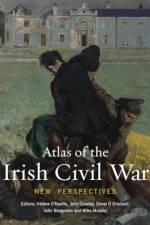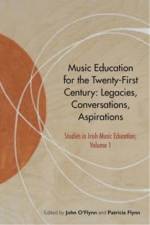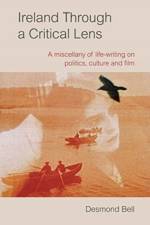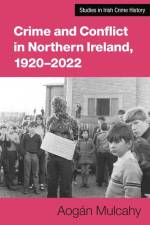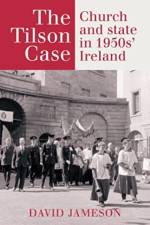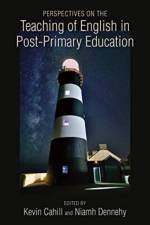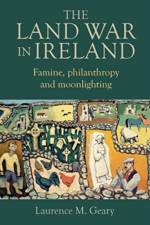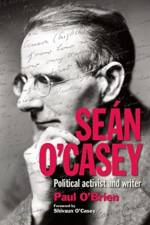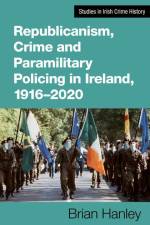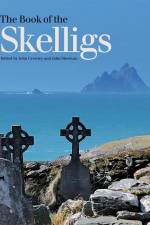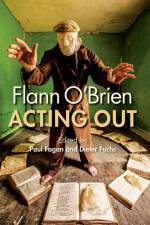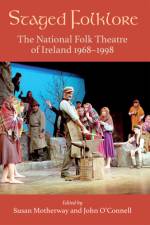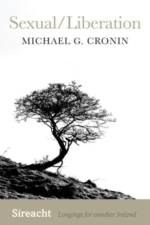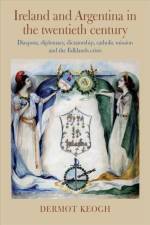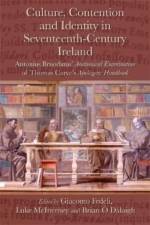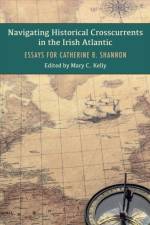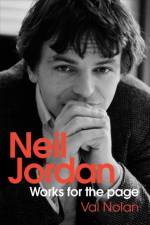av Val Nolan
425
Hailed in the Irish Times as a 'great Irish novelist', Neil Jordan is, in the words of Fintan O'Toole, 'a peculiarly emblematic figure of cultural change'. Yet, extraordinarily, such critical acclaim has come about without detailed scholarly engagement with Jordan's most sustained interrogation of Ireland and notions of Irishness: his fiction. Neil Jordan: Works for the page fills this gap in contemporary Irish literary criticism, and, while Jordan's filmmaking is often discussed, the focus here is on his published work: his early volume of short fiction, his many novels, and several of his uncollected stories. The result is a work which will enhance understanding of contemporary Irish cultural studies while also suggesting future directions for the criticism of other artists operating in multiple creative disciplines. Examination of Neil Jordan's changing relationship to modern Irish history through novels such as The Past (1980) and Sunrise with Sea Monster (1994), and exploration of the manner by which he represents the War of Independence, the Civil War, the 'Emergency' (World War II), the 1960s, 1980s, and the present day. Detailed analysis of Neil Jordan's integration of the fantastic into his fiction, most obviously in The Dream of a Beast (1983), but also reframing the later novels such as Shade (2005) and Carnivalesque (2017) as more ambitious and speculative works than they were initially received as. Discussion of Neil Jordan's uncollected stories about the filmmaking process, how his work in prose relates to his work in cinema, and how it is impossible to ignore his writings any longer.The significance of this book lies in its discussion of what kind of artist Neil Jordan really is, which is not necessarily the kind of artist that Irish Studies currently perceives him to be. He is neither just an Oscar-winning filmmaker nor a European novelist of the first rank, he is both, and the comprehensive introduction to the literary author provided by Neil Jordan: Works for the Page has been carefully structured to appeal to those familiar with only the filmmaker. This engaging study examines how, in a forty-year writing career, Jordan has engaged with and expanded upon many core concerns of Irish literature: the struggle to define oneself against the weight of history, both political and artistic; the quest to understand the nation's violent efforts to transcend and process its colonial past.


